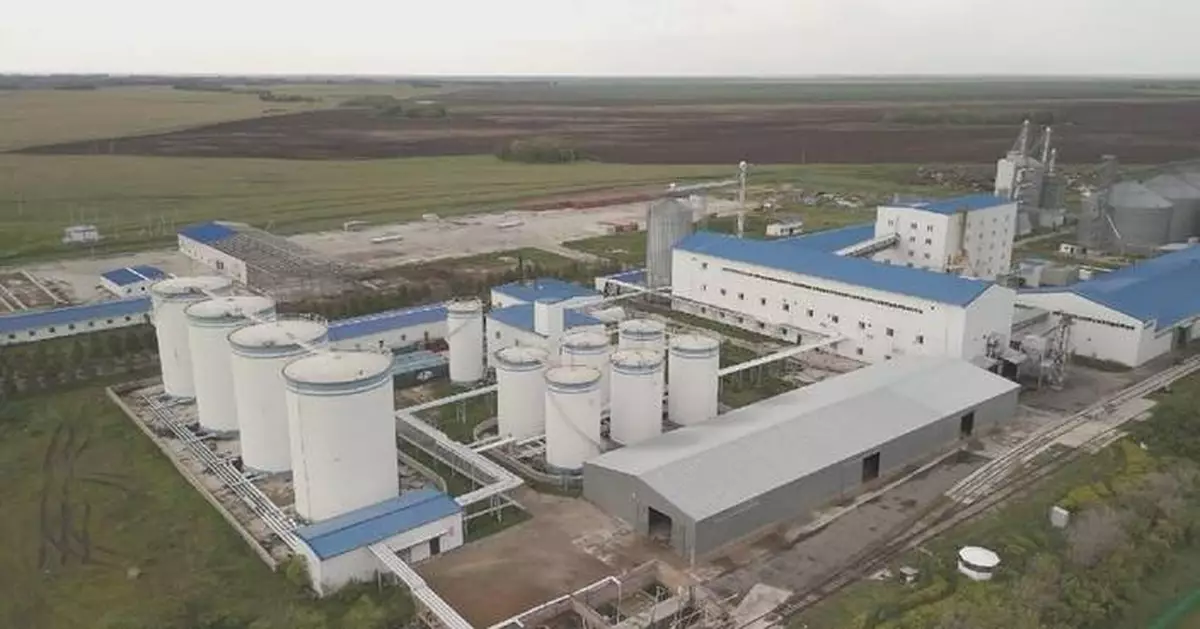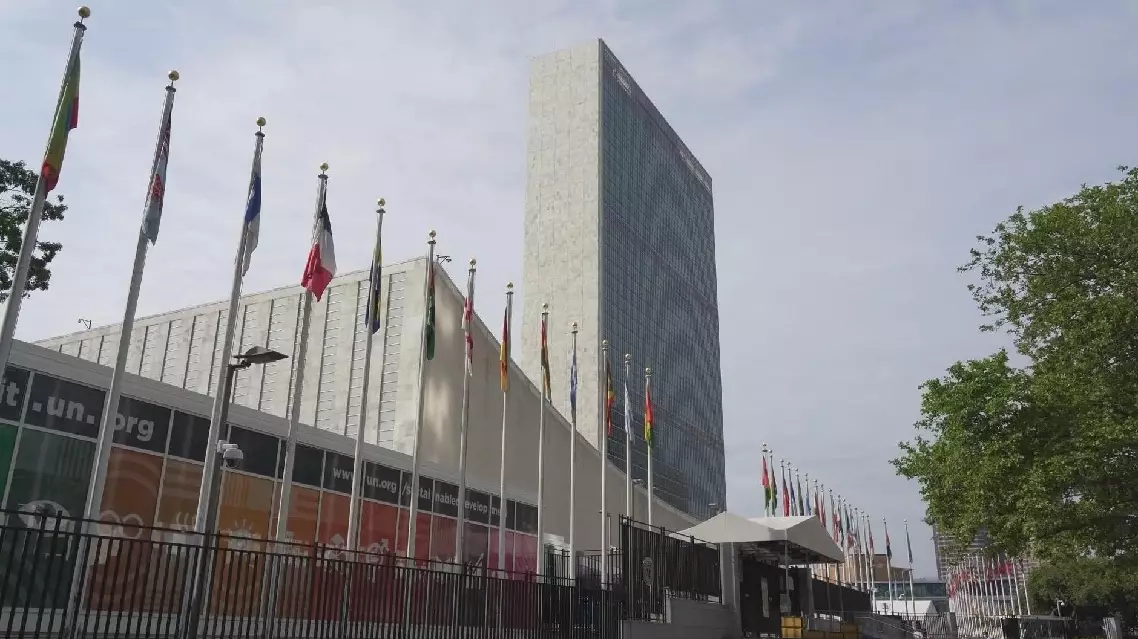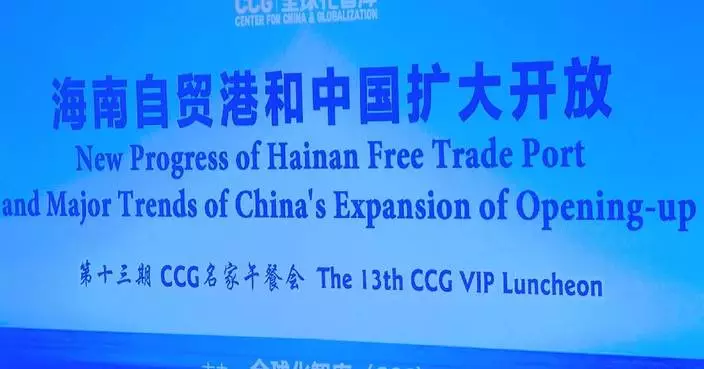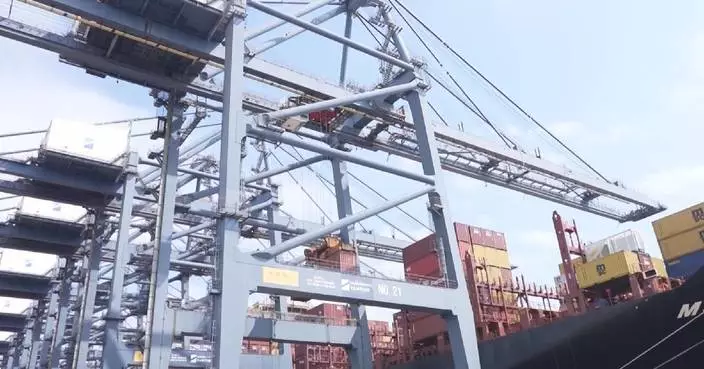An agricultural industrial park built by a Chinese enterprise in Kazakhstan's North Kazakhstan Region, also an iconic cooperation project under the Belt and Road Initiative (BRI), has brought huge socioeconomic development to the region.
The Aiju Agricultural Product Logistics Processing Park, invested by the Xi'an Aiju Grain and Oil Industrial Group, was officially put into operation in Kazakhstan at the end of 2016.
For staff member Manshuk Zarhan, the establishment of the industrial park has greatly improved her life. Her work starts with quality inspection of rapeseed and rapeseed oil every day.
"We use this probe to select samples for quality check. We need to select samples in several layers. We collect the rapeseed at about 40 centimeters deep. We need to collect 200 milliliters of sample, then we measure the oleic acid content and moisture content in the sample in the laboratory," said Zarhan, laboratory chief of the park.
Since 2016, the Aiju Group has promoted an order-based agricultural planting mode in Kazakhstan. Relying on the demands of the vast Chinese market, the company provides Kazakh farmers with customized planting orders at guaranteed purchase prices, which has helped the farmers increase their incomes and expand their exports.
The Chinese side has also launched a China-Europe freight train route for transporting locally produced goods and is continuously expanding its capacity.
Currently, the transportation time for wheat and other raw materials from Kazakhstan to Xi'an City, capital of northwest China's Shaanxi Province has been shortened from 25 days to 10 days, and the train's capacity has increased from 1,066 tons to 1,612 tons per trip.
"We originally invested in building three railway lines, and the fourth is under construction. After the completion of four railways, three freight trains can stop there, and plus the distribution center, we can store or provide 200 to 300 containers for special freight trains. This forms a system that can meet all needs of loading and shipping in railway transportation," said Jia Heyi, head of the Chinese enterprise.
According to Zarhan, eight years ago, upon learning about the construction of the China-Kazakhstan cooperation park, she promptly decided to move here with her family.
"We used to live nearby, and for the 10 years before we moved in, my husband was always on business trips. The kids were very young, and he couldn't be with them as they grew up. Then we moved here and finally we could work for the same company. I was the lab manager, and he was the raw material receiver," she said.
The project has created jobs for more than 1,500 people in the region and changed the lives of many local people.
"The welfare facilities here are very good. Housing is provided for employees. The new houses are built by the company. Dormitories, transportation and meals are also provided," said Marmite, a laboratory technician at the logistics and processing park.
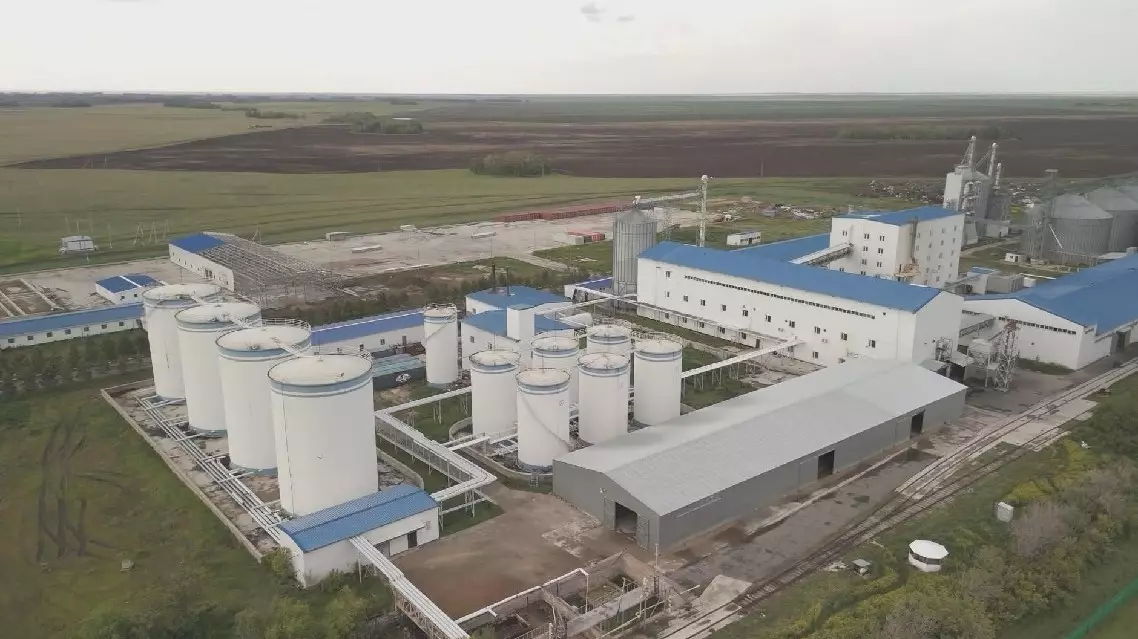
China-Kazakhstan agricultural cooperation park boosts local socioeconomic development
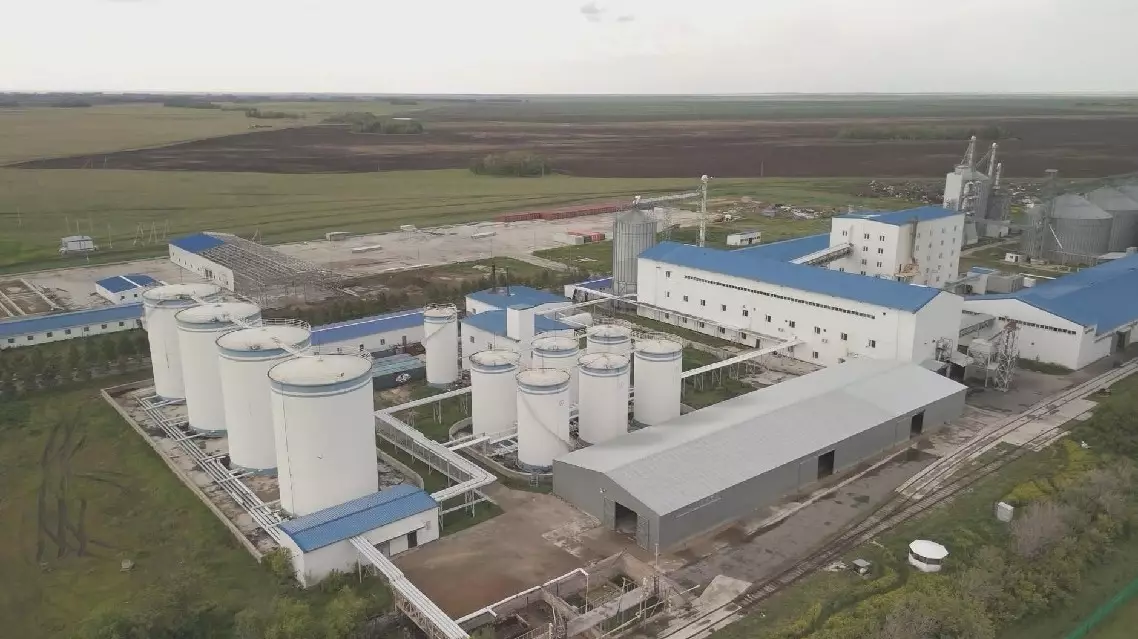
China-Kazakhstan agricultural cooperation park boosts local socioeconomic development


